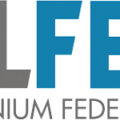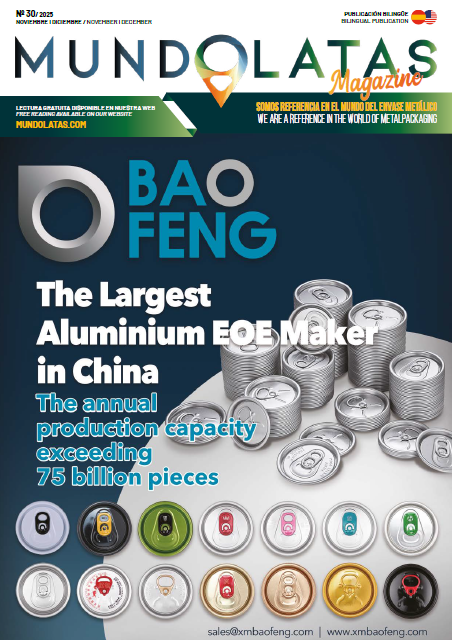The Aluminium Federation (ALFED) has welcomed the launch of the UK’s first Industrial Strategy in more than a decade, highlighting that it focuses on energy, manufacturing resilience and innovation as key priorities for the country.
One of the points most valued by the entity is the extension of the British Industry Supercharger program, which will offer up to 90% discount on electricity grid costs for industries with high energy consumption.
“The demand for specific measures in energy matters has been a constant for ALFED”, said Nadine Bloxsome, executive director of the federation. “Aluminum is one of the materials whose production requires more electricity, and in turn one of the most strategic. This measure is positive, but now it is urgent to know how it will be applied, who will be able to benefit and how SMEs in the supply chain will be able to access this aid”.
Despite the progress, ALFED has expressed concern about the limited presence of the sector in the official document. The term “aluminum” does not appear, and “metal” is mentioned only once.
“Aluminum is essential for virtually all sectors that the Strategy aims to promote. Its omission represents a missed opportunity,” added Bloxsome. “A coordinated national vision is essential to place aluminum at the center of decarbonization and reindustrialization of the United Kingdom. Through the UK Aluminium Alliance we will continue to defend that strategic role”.
ALFED requests the British Government:
- Clearly define the eligibility criteria for SMEs and smaller producers, which are key to the aluminum value chain.
- Establish specific deadlines and clear guidelines on the implementation of the Supercharger in regional networks.
- Ensure that future initiatives, such as the UK’s Critical Minerals Strategy, address the challenges related to material safety and the circular economy, aspects that are underdeveloped in this current strategy.
The UK Aluminium Alliance, recently promoted by ALFED, brings together actors from the sector with the aim of coordinating data, policies and investments around the strategic role of aluminum. Its work will now be more intense to ensure that the metal receives the recognition and support it deserves during the implementation of the new Industrial Strategy.












